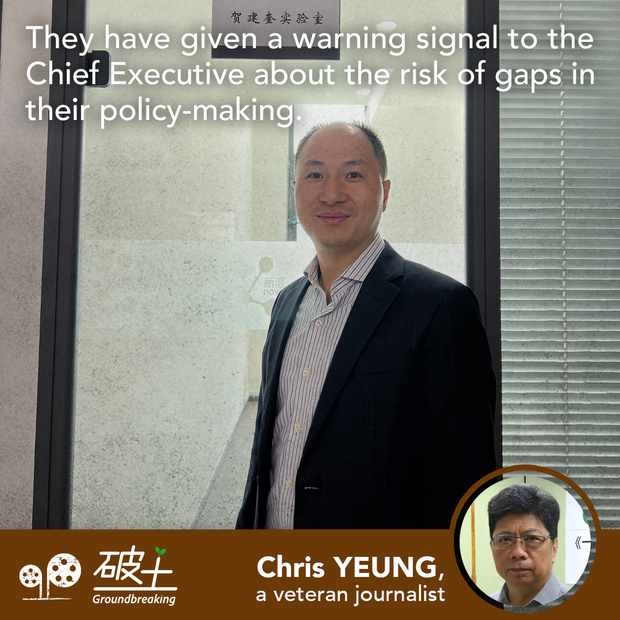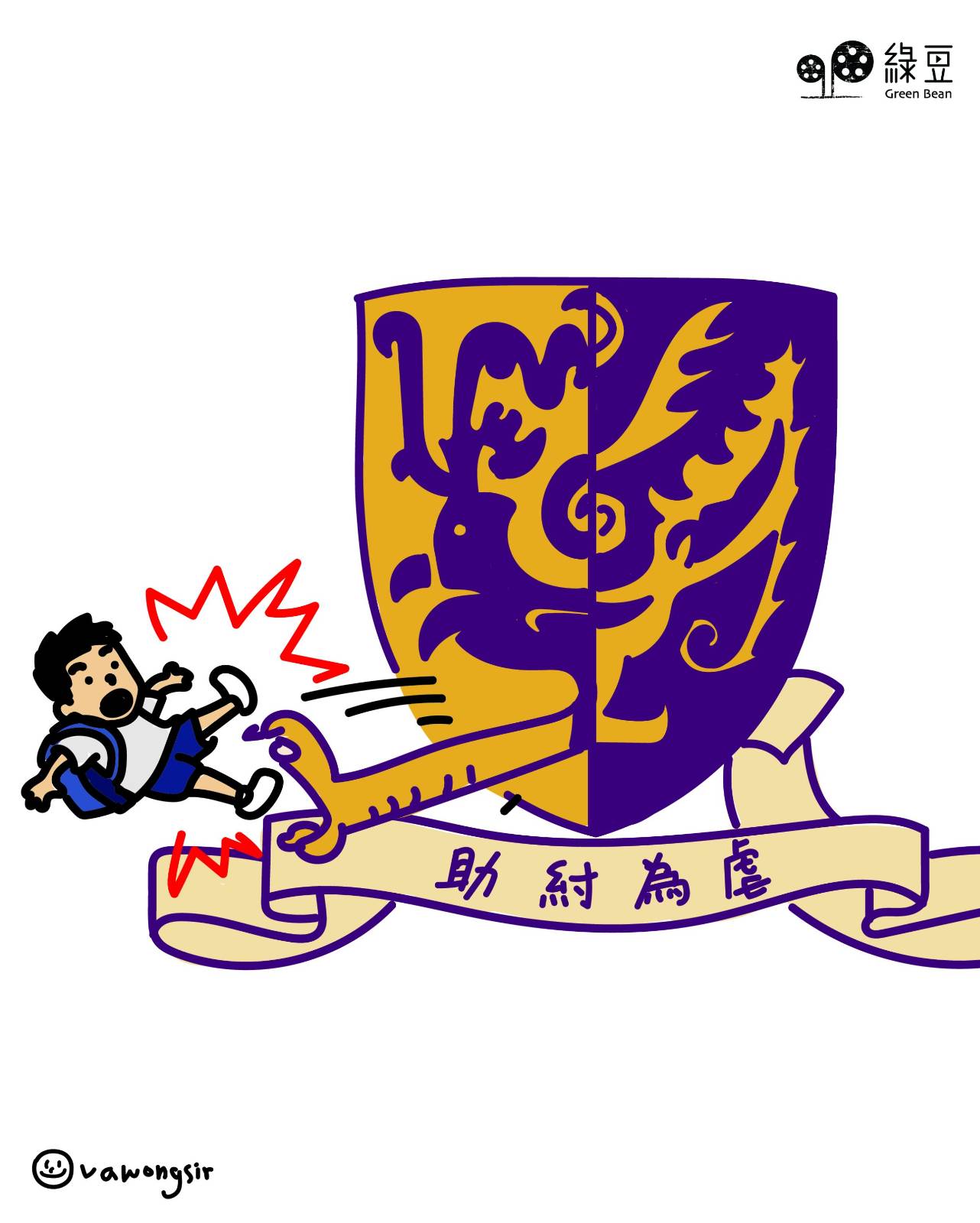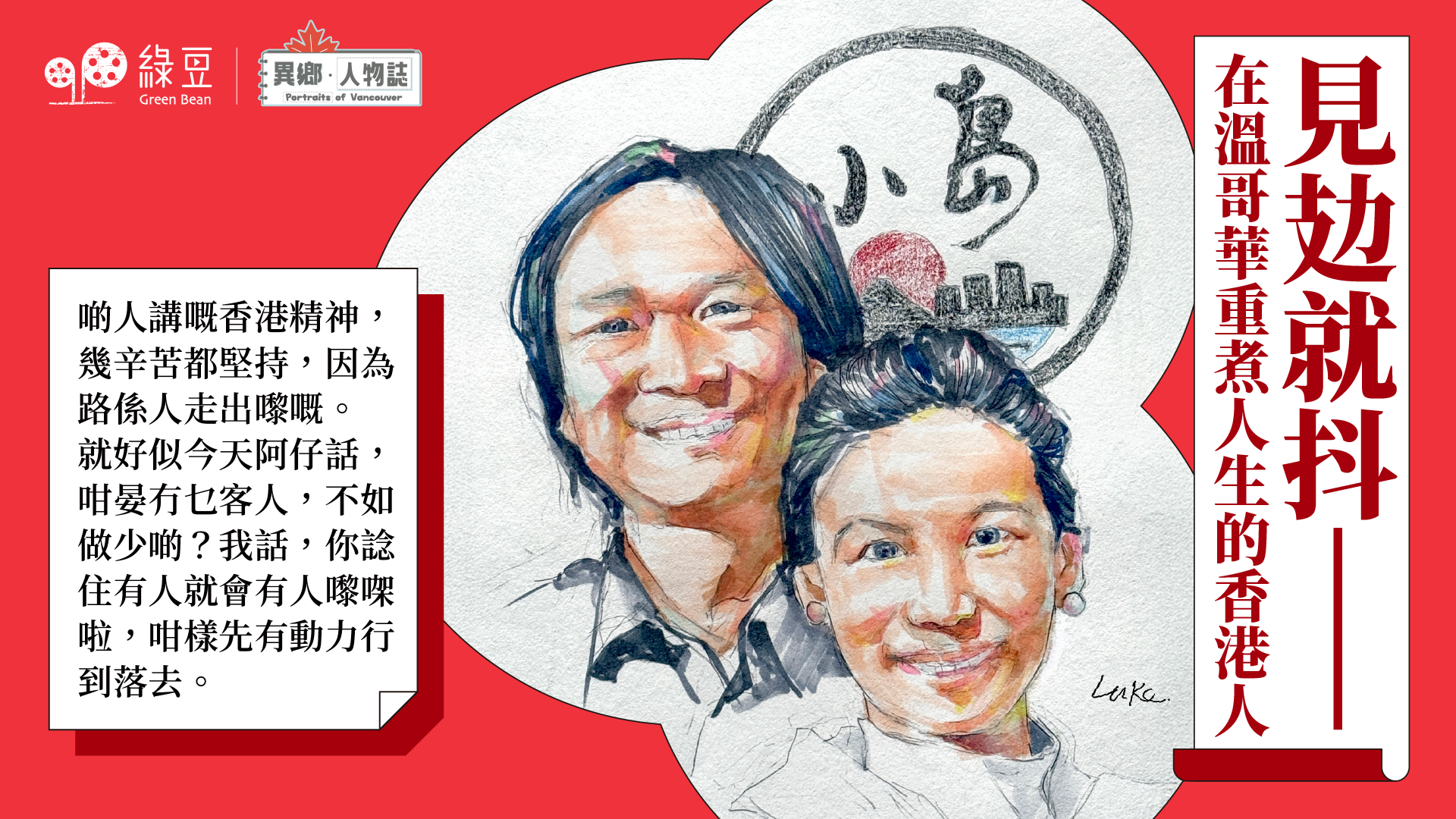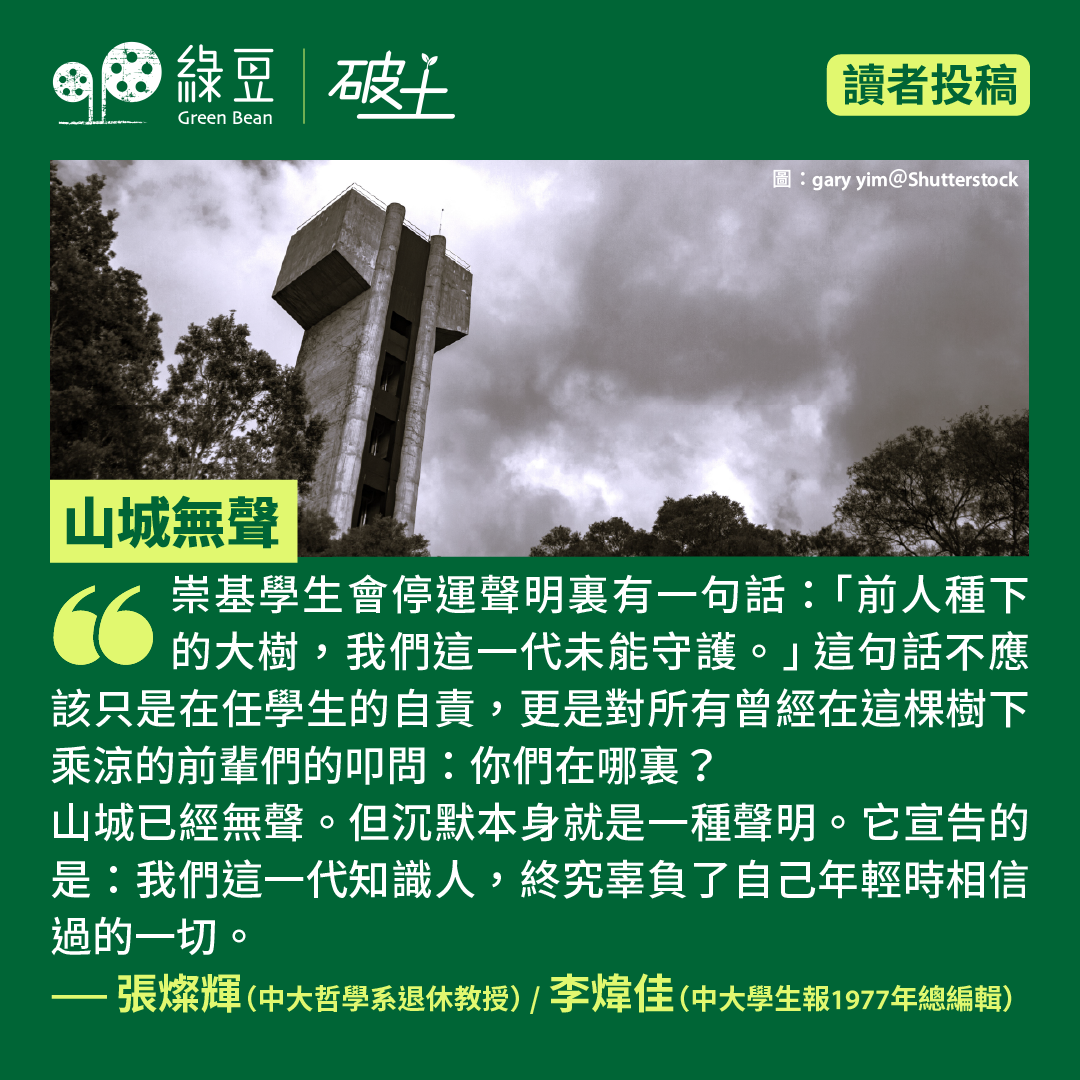Lee team hit by policy controversies

In a swift damage-control act, the Hong Kong Government revoked the work visa of a controversial mainland Chinese scientist He Jiankui one day after he revealed on social media his application for the city’s new Top Talent Pass Scheme was approved.
News of the would-be elite being wooed by the talent-thirsty Government published on the front page of the Ming Pao Daily on Tuesday had caused a stir in the society for obvious reasons. He served a three-year jail sentence for medical malpractice after creating the world’s first gene-edited babies.
Secretary for Labour and Welfare Chris Sun, who is in charge of the talent scheme, declined to comment on the ground that it is an individual case. He admitted applicants are not required to declare their criminal record under the scheme.
In the late evening, the Immigration Department said in a statement He’s visa has been invoked, adding that a follow-up criminal investigation will be conducted. About the same time, the rule has changed. Declaration of criminal record is a must.
By attempting to put the blame on He, the Government has sought to divert public attention on what seems to be an emerging problem in the decision-making of the John Lee administration.
It is hardly an isolated case. Other cases in point include the row over the “light public housing scheme” and confusion over the e-toll system at tunnels.
They are cases different in their nature, but with one common factor. The lack of detailed planning of the various policies and measures before they were rolled out is evidently clear.
True, the spate of controversial cases has not done serious damage to the authority of the Lee team.
In view of the drastic changes in the political and media landscape, it did not come as a surprise that the controversies surrounding the cases have not spun out of control, nor escalated into a political crisis.
But they have given a warning signal to the Chief Executive about the risk of gaps in their policy-making.
That would have been the last thing John Lee would like to see when he succeeded Carrie Lam as the Chief Executive in July last year.
Lee trumpeted the principle of “results-oriented” as he vowed to deliver results in tackling the city’s long list of problems, in particular land and housing, street hygiene and shortage of talent. In a bid to bolster confidence in his pledge, he has published hundreds of KPIs, or Key Performance Indexes, for various departments to deliver.
To facilitate the delivery of results, Lee has adopted a two-pronged strategy to improve the formulation and execution of policies. First, the so-called Red Team. Secondly, the setting up of task forces led by top officials coordinating inter-departmental work related to poverty, district environmental hygiene, public housing supply as well as co‑ordination of land and housing supply. The list goes on.
Lee said after he delivered his maiden policy address in October “red teams” will be formed to play the roles of “critics and opponents” to evaluate the effectiveness of policies and plug loopholes and “blind spots” before they are announced.
Task forces led by top officials will help cut red tape in the bureaucracy that was to blame for the chronic problems such as street hygiene, abandoned vehicles and tree safety.
Results of the execution of the “light public housing” programme, e-toll system and the new talent scheme in the past two months show the “Red Team” and “task force” mechanism has yet proved to be a success.
Take the case of “light public housing”. Officials have failed to respond promptly and effectively address concerns about cost-effectiveness and the suitability of the location of 10,000 “temporary” flats in the Kai Tak area.
The confusion over e-toll stemmed from hastiness in its implementation without giving sufficient time for drivers, in particular those in the taxi sector, to register.
In the case of the mainland biophysicist, it is inconceivable that a declaration of criminal record was not included in the original application form, which has apparently caused confusion over who should be held responsible after the row erupted.
Vowing to lead Hong Kong to embark on a new stage of development, Lee and his team cannot be faulted for their keenness to deliver quick results.
But putting results above detailed planning, assessment on cost-effectiveness and the impacts on stake-holders, which are among the essential elements of sound policies, pose a risk of undercutting governance.
▌[At Large] About the Author
Chris Yeung is a veteran journalist, a founder and chief writer of the now-disbanded CitizenNews; he now runs a daily news commentary channel on Youtube. He had formerly worked with the South China Morning Post and the Hong Kong Economic Journal.





